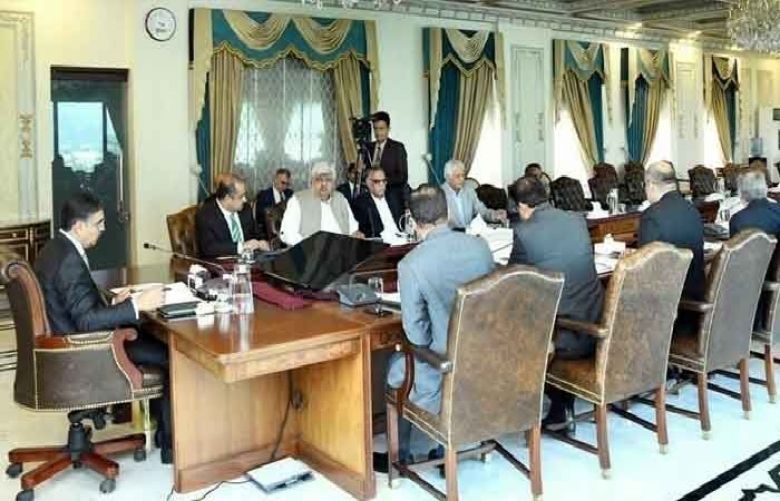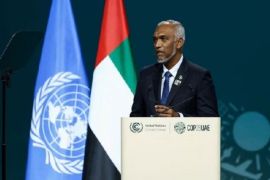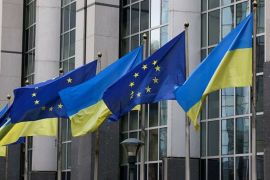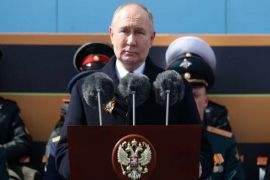Caretaker Finance Minister Shamshad Akhtar on Friday said the interim government would go for a rollover of the deposits from other countries upon their maturity.
Addressing a press conference in Islamabad with other caretaker federal ministers after a meeting of the Special Investment Facilitation Council (SIFC), Akhtar said the interim government needed to revive the economy and it was important to remove import restrictions “across the board” since Pakistan was an import-intensive country.
“Management of foreign exchange reserve is a very high priority for us and we are closely monitoring the situation. We are in discussions that that inflows are brought in on a timely basis and we will also go for the rollover of deposits that we have in place right now on their maturity,” she said, adding that the situation was “reasonably okay” for now.
In July, Pakistan had received much-needed crucial deposits from allied nations to shore up its foreign exchange reserves with $1bn from the United Arab Emirates and $2bn from Saudi Arabia.
China had also rolled over more than $5bn in loans to Pakistan earlier this year with a further rollover in July of a $2.4bn loan to Islamabad for a period of two years.
Questioned about the outflow of dollars from the country, she said the situation was not “unusual” since imports needed to be opened up for industrial revival, exports had declined and there was a shortfall in remittances.
The finance minister said discussions were underway with multilateral development banks such as the World Bank (WB) and the Asian Development Bank (ADB), adding that the government was hopeful of fast-tracking the process.
She also said a review of the International Monetary Fund was due in November, after which the second tranche of its programme with Pakistan was expected, as well as a tranche from the ADB and some loans from the WB.
“What the actual precise amount of [total inflows] will be will take some time in discussions but if you ask for the full year, we are hoping it will be close to about $6 billion cumulative inflows” from various sources.
Commenting on her ministry, Akhtar said the meeting had decided to adopt a “whole-of-government” approach to the finance ministry’s various divisions and would operate “holistically [and] consistently as a team”.
She said it would be an “important change” so the segments in charge of managing the economy would work together. “Our cabinet subcommittees have been institutionalised … so now we are having full-fledged intergovernmental discussions,” Akhtar added.
“We are making a sincere effort to define our roadmap for augmenting the country’s macroeconomic management for which the anchor is fiscal stability and coordination with monetary police, as well as external policy.”
Akhtar further said the government wanted to revive the economy and was beginning the process to determine the necessary steps to “jumpstart” it.
She added that the interim government was also attempting to enhance the various aspects of the social safety net amid the implementation of a structural adjustment reform programme.
Akhtar pointed out that financial inclusion was the most important and “far-reaching” sphere of the social safety net and work on it would be expedited to provide opportunities for financial empowerment to citizens, the agriculture sector and small and medium enterprises.
The finance minister said the government was establishing a central monitoring unit for state-owned enterprises (SOEs) that would help ministries strengthen the corporate governance of SOEs and take forward the entities that were ready for privatisation.
Meanwhile, Interim Information Minister Murtaza Solangi said ordinarily a press release was issued on the particulars of the SIFC meeting for the day but federal ministers would now regularly hold press conferences and provide details on what was discussed.
Solangi said today’s meeting focused on reducing government expenditure, reducing the circular debt, removing obstacles to foreign investment and improving the performance of state-owned enterprises.
“A lot of time was spent today [in discussions] on curbing smuggling in the country, whether of finished products or petroleum products or foreign exchange,” he said.
Solangi said the meeting also had a detailed discussion on the “misuse” of international agreements that the country was a signatory to and measures to stop it.
Meanwhile, Caretaker Commerce Minister Gohar Ejaz highlighted that today’s SIFC discussion was centred on strategies to bolster the viability of industries, citing supply chain shortages as a significant driver of inflation.
He emphasised the urgent need to boost exports and generate employment opportunities, underlining the shift from relying on imported materials to becoming self-sufficient as a means to meet financial obligations.
The minister stressed the essential nature of prioritising the revival of industries, saying the SIFC was informed about it. He underlined that detailed talks covering raw material supply chains, energy pricing, and gas availability were also held.
Ejaz said that inflation could only be effectively managed by augmenting exports, suggesting that by reviving the export industry, the burgeoning dollar price of Rs300 could potentially decrease to Rs250, simultaneously mitigating inflation.
However, he insisted on the importance of market-based approaches, cautioning against excessive spending without corresponding earnings.
On the other hand, interim Power Minister Muhammad Ali said important discussions were held in the SIFC meeting on the country’s energy issues, particularly on controlling electricity prices.
The minister also stressed the need to boost production of fuel supplies, including gas and oil. He said more LNG terminals would be needed and the country would also need to boost its exploration and production activities, pointing out that they had reduced after 2013.
“We need to focus on gas and oil exploration because if we locally extract them then that will reduce our import bill and improve our supply.”
Ali said bids for 10 onshore blocks would open in November while the caretaker government was also looking into inviting bids for 24 offshore blocks in the first phase in December.







